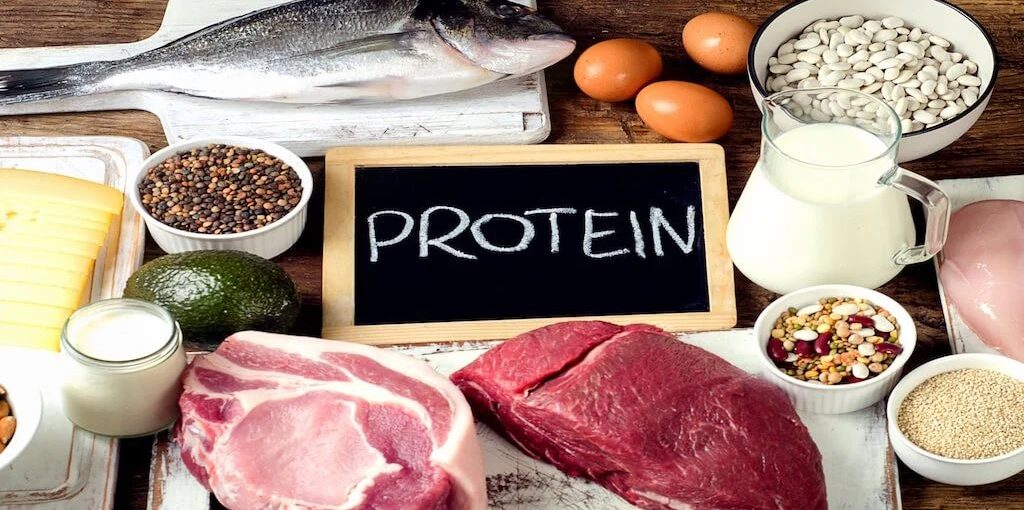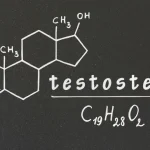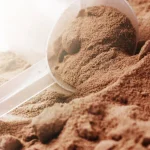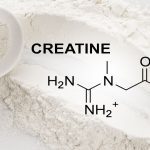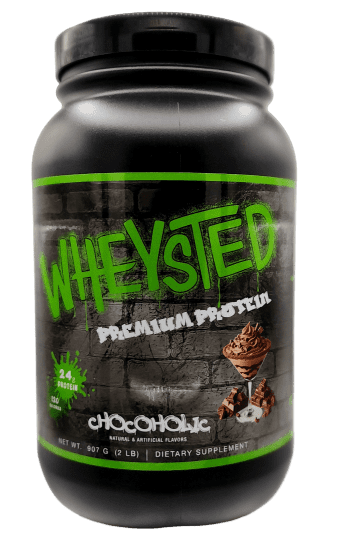Protein is an essential nutrient that plays a crucial role in maintaining and repairing tissues, producing enzymes and hormones, and supporting overall health. While many people get enough protein through their diet, others may fall short, leading to various health issues. Here are eight signs that you might not be getting enough protein:
- Muscle Loss and Weakness: One of the most noticeable signs of protein deficiency is muscle loss, also known as muscle wasting or sarcopenia. Protein is essential for maintaining muscle mass, and without enough, your body may start breaking down muscle tissue for energy. This can result in a decrease in muscle strength and overall physical performance, making
everyday tasks more challenging. - Constant Fatigue: If you find yourself feeling tired all the time, despite getting enough sleep, protein deficiency might be the culprit. Protein provides the body with the energy it needs to function properly. Without sufficient protein, your body may struggle to maintain energy levels, leading to chronic fatigue and a general sense of weakness.
- Hair, Skin, and Nail Problems: Your hair, skin, and nails are made primarily of proteins like keratin and collagen. A lack of protein can result in brittle nails, thinning hair, and dry, flaky skin. In severe cases, protein deficiency can lead to hair loss and skin conditions such as dermatitis.
- Slow Healing of Wounds and Injuries: Protein is crucial for the repair and regeneration of tissues. If you notice that cuts, bruises, or other injuries are taking longer to heal than usual, it could be a sign that your body is not getting enough protein to support the healing process.
- Frequent Infections and Illness: Proteins are key components of the immune system, helping to produce antibodies and other immune molecules that protect the body from infections. A deficiency in protein can weaken the immune system, making you more susceptible to frequent colds, infections, and illnesses.
- Increased Hunger and Cravings: Protein helps regulate appetite by influencing hormones that control hunger and satiety. If you’re not consuming enough protein, you may find yourself feeling hungrier than usual, craving more food, and struggling to feel satisfied after meals. This can lead to overeating and potential weight gain.
- Edema (Swelling): Edema, or swelling in the body, particularly in the legs, ankles, and feet, can be a sign of severe protein deficiency. Protein helps maintain fluid balance in the body by keeping fluids within blood vessels. Without enough protein, fluid can leak into surrounding tissues, causing swelling.
- Mood Changes and Mental Fog: Proteins are necessary for the production of neurotransmitters, which are chemicals that transmit signals in the brain. A lack of protein can affect your brain’s ability to produce these neurotransmitters, leading to mood changes, irritability, anxiety, and even depression. Additionally, you might experience difficulty concentrating or mental fog.
- Muscle Loss and Weakness: One of the most noticeable signs of protein deficiency is muscle loss, also known as muscle wasting or sarcopenia. Protein is essential for maintaining muscle mass, and without enough, your body may start breaking down muscle tissue for energy. This can result in a decrease in muscle strength and overall physical performance, making
Protein is an essential nutrient that supports various bodily functions, from muscle maintenance to immune health. If you recognize any of these signs in yourself, it might be worth evaluating your diet to ensure you’re getting enough protein. Good sources of protein include lean meats, fish, eggs, dairy products, legumes, nuts, and seeds. If you’re concerned about your protein intake or experiencing any of the symptoms mentioned, consulting a healthcare provider or a registered dietitian is a wise step to take. Ensuring adequate protein in your diet can lead to improved health, energy levels, and overall well-being. Getting Wheysted daily can help ensure you are getting the protein you need.

